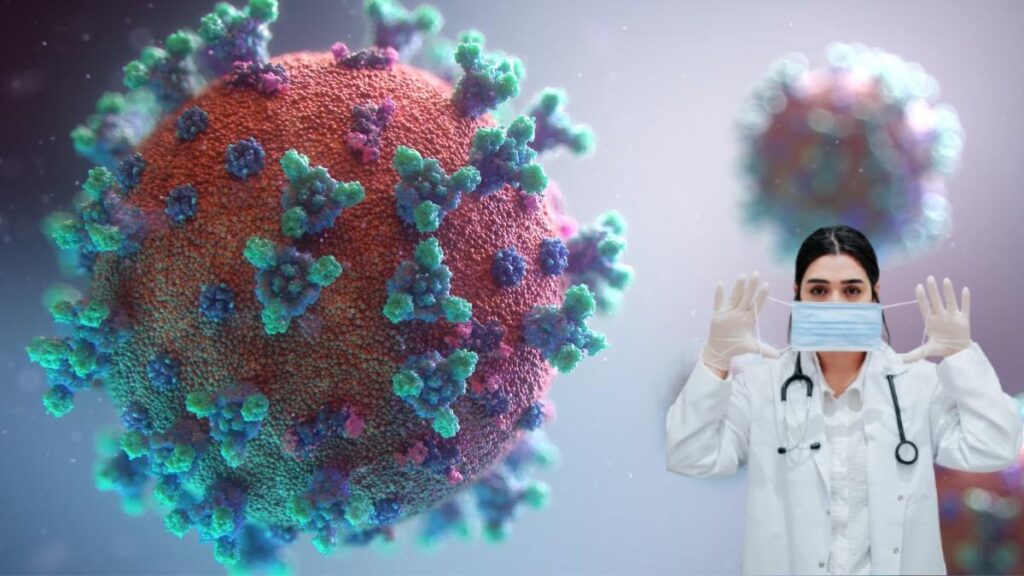New Covid-19 Like Bat Coronavirus Discovered by Scientists in Wuhan Lab

A team of Chinese researchers has discovered a new bat coronavirus that can enter human cells using the same receptor as the Covid-19 virus. However, while the finding has raised concerns about potential animal-to-human transmission, scientists emphasize that the virus has not yet been detected in humans.
Discovery and Key Findings
The research, led by Shi Zhengli—known as “batwoman” for her extensive work on bat coronaviruses—was conducted at the Guangzhou Laboratory in collaboration with Wuhan University, the Guangzhou Academy of Sciences, and the Wuhan Institute of Virology. The newly identified virus belongs to the merbecovirus subgenus, which also includes the Middle East respiratory syndrome (MERS) virus.

This virus is a new lineage of HKU5, first discovered in Japanese pipistrelle bats in Hong Kong. According to the study, published in the peer-reviewed journal Cell, the virus can bind to angiotensin-converting enzyme 2 (ACE2) receptors, the same entry point used by SARS-CoV-2, which causes Covid-19. Researchers found that HKU5-CoV-2 can infect human cells as well as those of other mammals, raising concerns about potential cross-species transmission.
What This Means for Humans
While the virus shows the ability to attach to human cells, the researchers stress that its efficiency is significantly lower than that of the Covid-19 virus. They also noted that the risk of a new outbreak should not be exaggerated at this stage. However, continuous monitoring is needed, as the virus has been found to bind not just to human ACE2 receptors but to those in other species as well, increasing the chances of an intermediate host passing it on to humans.
Stock Market Reaction
News of the discovery led to a rise in vaccine and pharmaceutical stocks on Friday, as investors speculated on the potential demand for future vaccines and treatments. However, experts have cautioned against drawing premature conclusions, emphasizing that no human infections have been reported so far.
Why This Matters
The study underscores the importance of early virus detection and monitoring, particularly in bats, which are known reservoirs for various coronaviruses. Given that the origins of Covid-19 remain a subject of debate—with some theories suggesting a natural jump from animals and others pointing to possible lab involvement—such discoveries will continue to attract global attention.
For now, scientists recommend vigilance, not fear, urging further research to determine the actual risk of human transmission.
This story is based on inputs from South China Morning Post and Bloomberg.







